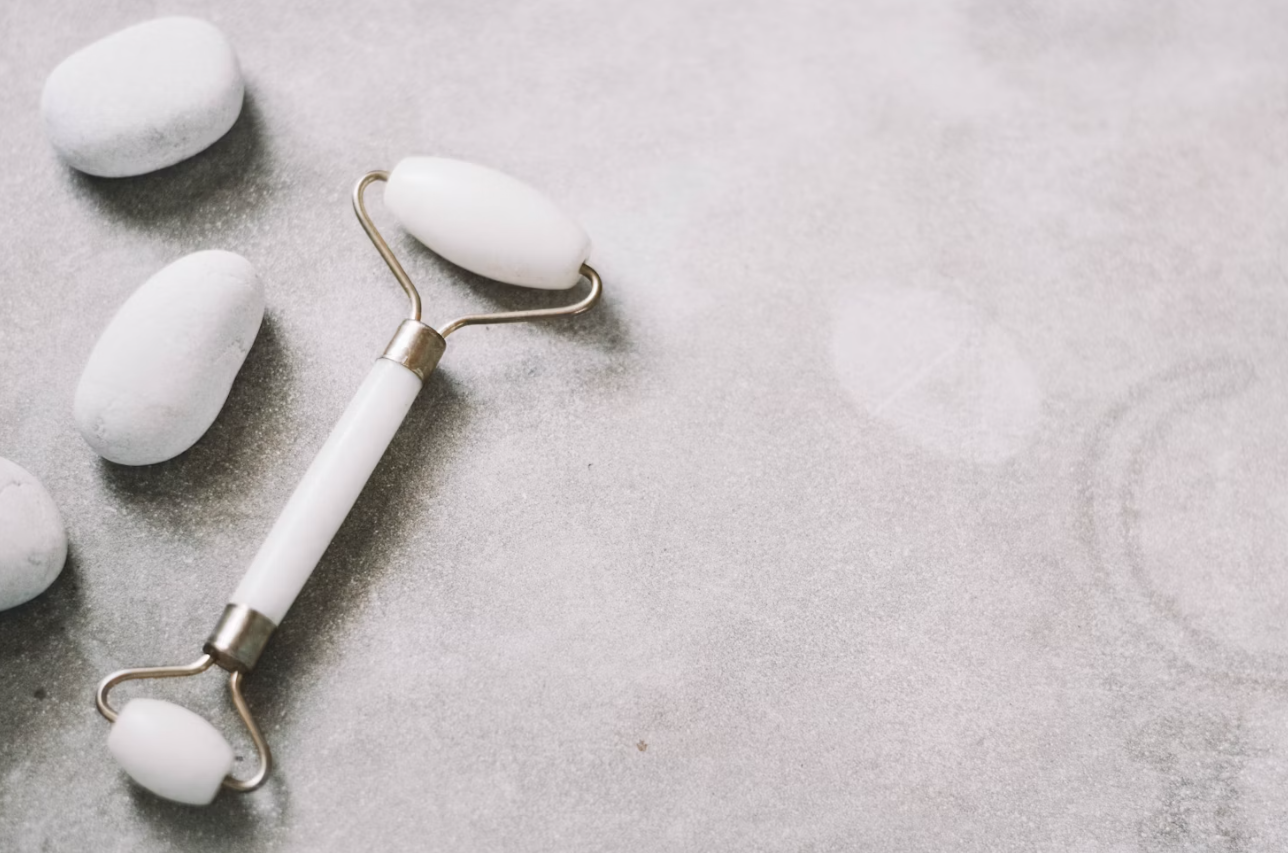
The skincare market is a multi-billion-dollar industry. The market is projected to generate about $24.35 billion in the U.S. by the end of the year. However, as consumers incorporate self-care into their skincare routines, their purchasing appetites are changing.
Statista says the demand for natural or organic products is increasing, as nearly 40% of U.S. consumers believe organic personal care products are healthier than their conventional counterparts. The main prerequisites are that they are alcohol-free and environmentally friendly.
Gone are the days when you’d be in the store and struggle to read the list of ingredients, or a new product hit the shelves with superfluous packaging that’s unwarranted.
Embarking on your green personal care routine need not be an overwhelming process of trying one product and moving on to the next. In this article, we’ll discuss what to look for when shopping for natural self-care products.
Although new to the self-care market, CBD products have been around for a while. Cannabidiol (CBD) is derived from the hemp plant and is the ingredient found in commercially available beauty products.
Pain management has also recently been included in the CBD movement. Body oils, CBD roll-on and creams are just a few products you can purchase in stores and online. When infused with aloe vera and other essential oils, they are gentle on your skin and relieve pain.
The Arthritis Foundation explains that animal and human studies suggest CBD has anti-inflammatory properties. People with the condition reported pain relief and sleep improvement. Although anecdotal evidence is mixed, the foundation says more research linking CBD to arthritis pain relief is needed.
When shopping for CBD roll-on, look for products that use only natural ingredients and broad-spectrum CBD. This essentially means the product contains various compounds and cannabinoids - but no THC.
Also, the product must be lab-tested and have positive customer reviews. Research the brand’s core values. Is it transparent? What about its green credentials?
Sagely Naturals suggests researching a brand’s growth sources. CBD should be grown to organic standards and sourced from hemp farms certified by the Department of Agriculture.
The expansion of natural and plant-based hygiene products has grown to include menstrual care products, diapers and baby wipes.
Nonwovens Industry reports that while natural fibers like cotton have long been used in absorbent personal care products, hemp and seaweed could eventually replace them.
Euromonitor International’s Liying Qian tells the magazine that when it comes to plant-based alternatives, it’s not only the sustainability factor. Absorbency, softness and odor removal are important elements for consumers, and enough to sway their buying habits.
Natural dental products are becoming increasingly popular. Dentistry IQ claims that 64% of consumers would rather choose a natural personal homecare product.
And not the product itself; natural ingredients like tea tree oil, baking soda, and clove oil have shown remarkable results in oral health by disrupting bacteria and promoting remineralization.
The oral healthcare industry is so invested in waste reduction that toothbrushes are made from bamboo and recycled plastic. Mouthwash is swapped with disposable lozenges and single-use packaging for recycled materials.
This shift toward eco-conscious dental care also includes the rise of silk or corn-based dental floss, which replaces traditional nylon versions that contribute to plastic pollution. According to this cosmetic dentist in Lafayette LA, by choosing these biodegradable alternatives, patients can maintain a rigorous hygiene routine that supports both their personal health and the long-term protection of the environment.
Thanks to social media, consumers are educating themselves on product ingredients. They now use a less is more approach in their skincare routine.
New Hope Network says products with fewer ingredients are making a huge impact. Shorter, simpler lists and fragrance-free products are favored above complicated marketing gimmicks.
When sustainable skincare first became popular, brands concentrated more on clean, safe formulations. Now that consumers demand a full-circle approach, compostable and refillable packaging is becoming prevalent on store shelves.
Water has long been an issue for environmental activists. The Water Footprint Calculator warns that millions of gallons of virtual water go into making consumer goods. Hidden water that is not seen or felt is required for almost every step of the production process.
Natural beauty innovators aim to reduce their water footprint by developing sustainable solutions.
Waterless formulas and removing water from a product ensure it ships lighter and has a lower carbon footprint. Soon, waterless, solid personal care options will become the new normal.
Nations around the globe are doing their part to reduce waste. A ban on plastic bags in the U.S. has already reduced the number of bags in circulation by billions, says a new report.
However, the report adds that companies take advantage of loopholes and thicker plastic bags labeled as recyclable to replace thinner plastic. Others replaced plastic bags with paper, still considered single-use.
As a consumer, educate yourself on reducing waste across the board. Sustainable self-care isn’t only about natural ingredients. Be aware of the environmental effects, spread awareness and purchase reusable or eco-friendly packaging.
Sustainable beauty goes beyond skin deep. It prioritizes ethical and environmental concerns. Choose brands that champion eco-friendly sourcing and embrace conscious consumption.
A culture of mindfulness is taking over the personal hygiene industry. Soon, other brands will be forced to change how they do business. Support those who are already on the path to sustainability.